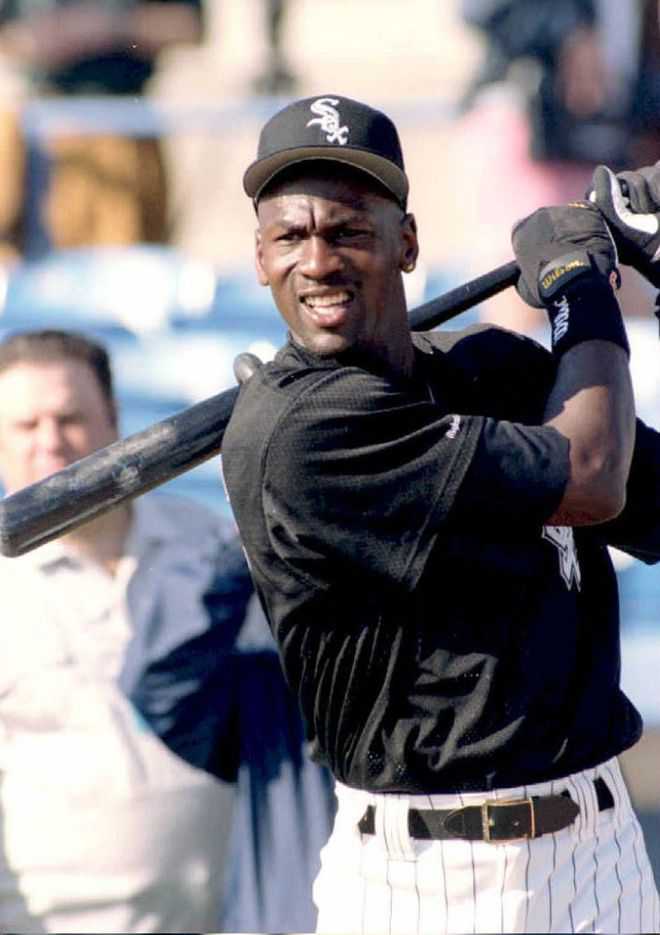What drove Bolt to football, Jordan to baseball ? High need to achieve
Sydney, November 1
From Michael Jordan to Usain Bolt, a select few elite athletes have attempted the switch to another top-level sport in a trait psychologists see as a “high need to achieve” coupled with filling a gulf in their lives. Sprint king Bolt is the latest example, with the eight-time Olympics champion on a mission to become a professional footballer, trying out with Australian team Central Coast Mariners after retiring from track and field.
It is a boyhood dream for the 32-year-old Jamaican, who remains the 100m world record holder. But his abilities have been questioned, with the fitness levels and skill-sets needed for soccer very different from being the fastest man on earth.
Martin Hagger, a world-renowned psychologist at Curtin University in Perth, said sports-hopping at the end of athletes’ careers was never easy. “Athletes like Bolt have what psychologists call a high need to achieve, an innate drive that means they thrive on competition and the need to display to themselves (and others) high competence in a competitive arena,” he said.
“This is also likely manifested in certain personality traits such as extroversion and conscientiousness. There is, of course, also the possibility of some level of narcissism, but that’s not necessarily an ingredient as many top athletes are not necessarily self-involved egos.”
Retirement can be a tough moment for many professional sportsmen and women, with life as they know it changing completely. The adoration from fans is gone, as is the adrenaline rush of victory. Many have struggled out of the limelight, notably Australian Olympic swim stars Ian Thorpe and Grant Hackett.
Need to compete
Hagger said this was part of the reason some attempt comebacks, or try to crack a new sport. “The high need for achievement can also lead to a substantive gulf in the life of an athlete when they retire,” he said. “For many, they find other means to channel their competitive needs, such as in management and coaching, or in other areas.
“However, some feel that need can only be fulfilled in the sport arena and hence they either make high-profile comebacks or they seek to cross over to other sports.” Examples include England cricketer Andrew Flintoff and former Manchester United footballer Rio Ferdinand, who both had a go at boxing. Ivan Lendl tried his hand at golf after retiring from tennis, playing a handful of professional tournaments.
Perhaps the most high-profile sport-swapper was Jordan, considered the greatest basketball player of all time. He famously signed for the Chicago White Sox baseball team after retiring in 1993, and was given a minor league contract. But his baseball career never took off and he returned to the hoops a year later. — AFP









